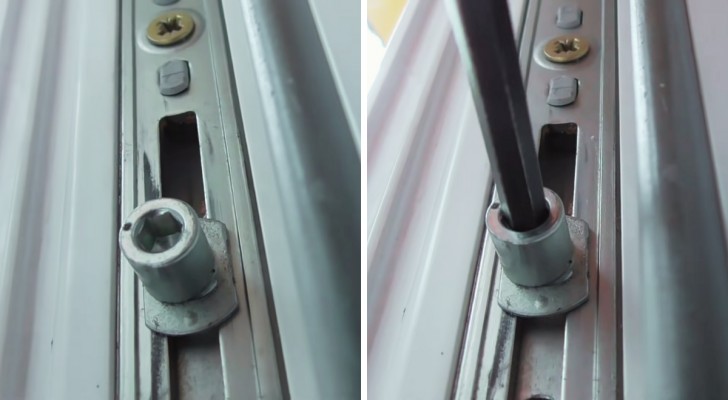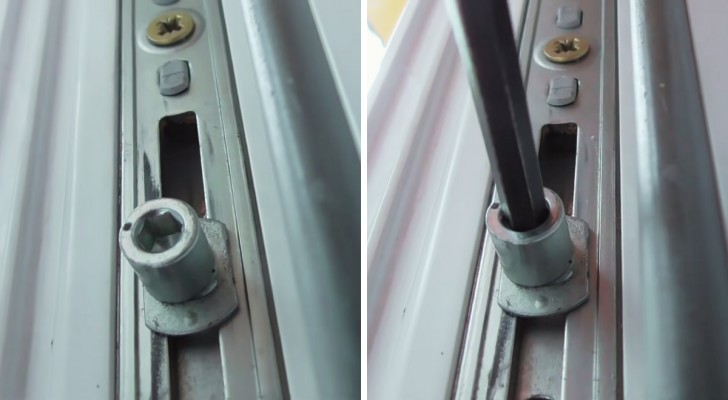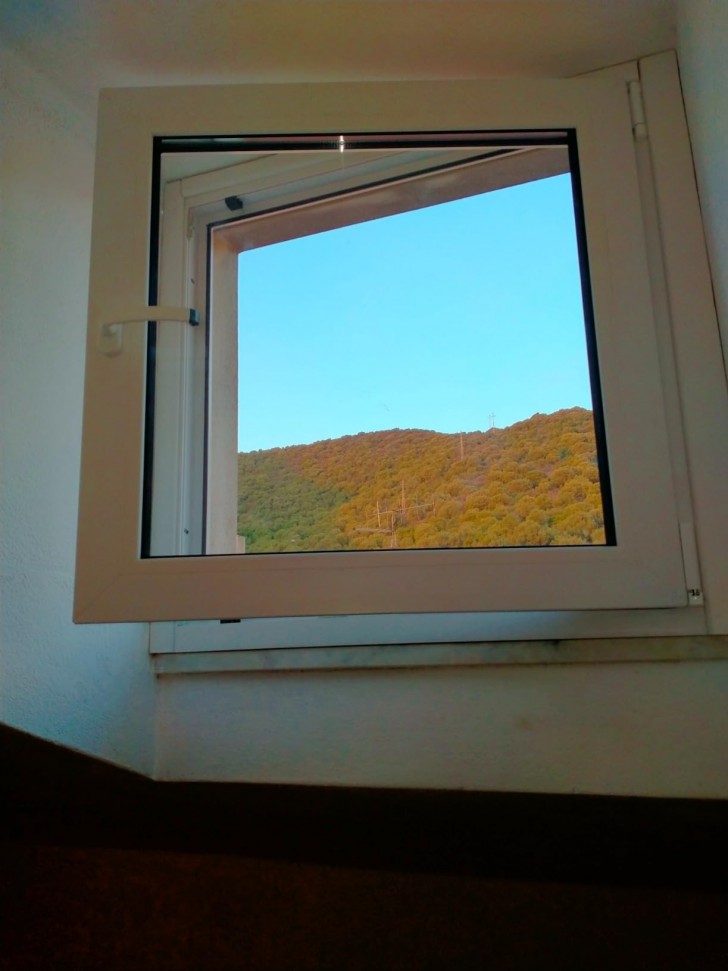Did you know that your PVC windows have a special setting for the winter? Activate it in seconds

PVC windows are amongst the most common found in homes worldwide, and nowadays, they almost always come with a specific feature for dealing with the winters. With the low temperatures, heating systems consumption tends to go up. But maybe we can reduce this a bit. When we heat our homes in fall and winter, we always have to combat heat loss, and windows are the weak points.
Sure, we can install thermal insulation systems like certain protective films or even invest in double or triple-pane windows, and these measures definitely help. But in the case of PVC windows - and even if they already have double glazing - there's still something more we can do.
Adjust PVC windows for the winter

Almost all PVC windows come with "summer/winter" settings, which are essentially pins that need to be adjusted a couple of times a year to make the windows more efficient in the hot and cold seasons, respectively.
What do these devices/pins do exactly? Simply put, if adjusted properly, they ensure that when closing, the lock exerts less or more pressure. In effect, the closure is a bit "softer" in summer, allowing more air passage - although not noticeably; and the seal is tighter in winter to prevent drafts.
To activate the "winter" function, you just need to open the window and look for the pins (usually a couple on each side, but there can be more if the window is very large). These then need to be rotated clockwise. By doing so, you'll see that the entire metal plate to which they are attached moves, becoming more flush with the side facing the inside of the house.
Advice on cleaning PVC windows

For cleaning PVC, it's preferable not to use products or tools that are even remotely abrasive. Always use soft sponges or microfiber cloths.
Furthermore, it's advised not to use alcohol-based products or those with more "aggressive" components (meaning, avoid alcohol or commercial glass cleaners). The best cleansers for PVC windows are Marseille soap or the traditional yellow soap (soft potassium soap), or even a good dishwashing detergent (in small amounts).
Dilute these products in warm water, and then you can use them in a bowl or transfer them to a spray bottle. In the case of a spray, apply it first to the cloth or sponge, not directly onto the window frame. Then, rinse off and dry carefully.
Have you already adjusted your windows?
Photo credit: furulevi/YouTube